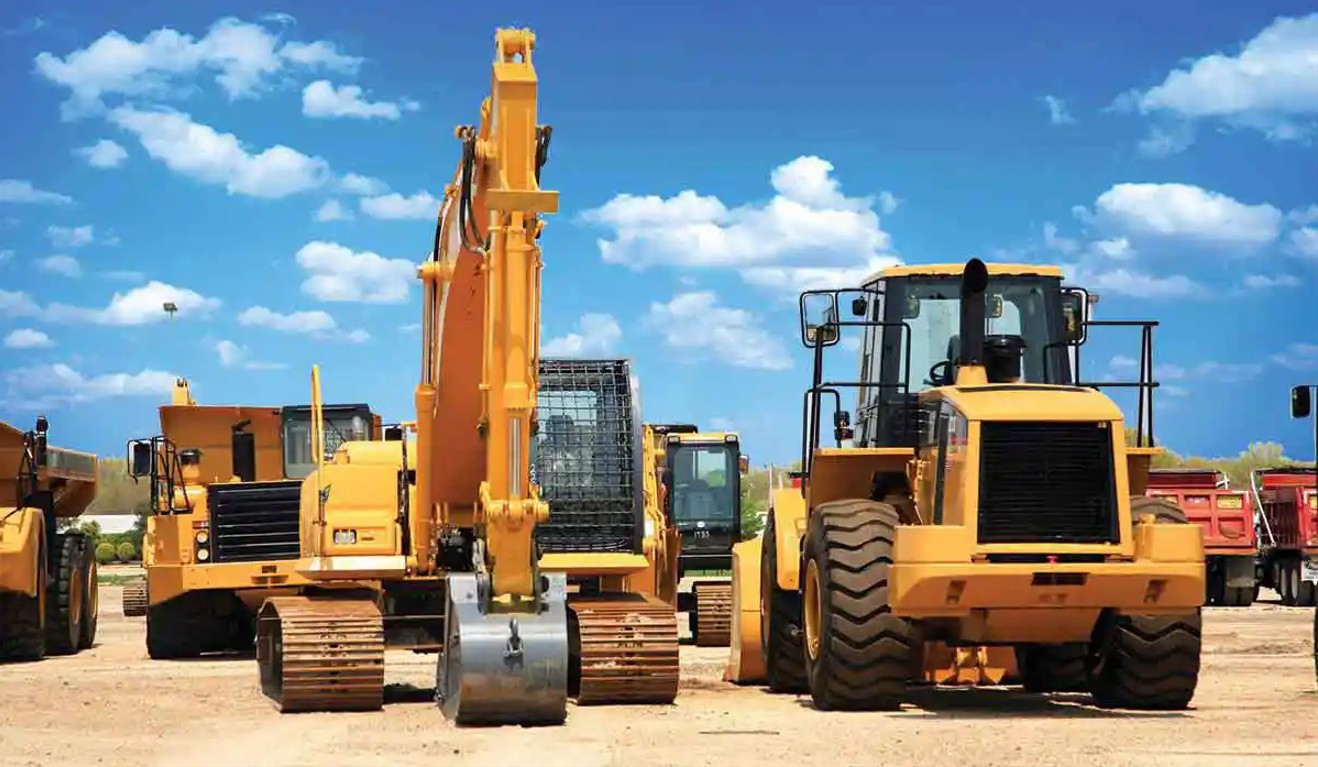One of the biggest and most dynamic industries has always been building, which is always changing to satisfy the increasing needs of contemporary infrastructure and urban growth. Among the many changes reshaping this industry, one of the most significant trends is the rise of construction equipment rental. More businesses, ranging from big contractors to small builders, are using leasing solutions to increase productivity, cut expenses, and preserve operational flexibility.
The Shift Toward A Rental-Based Model
Traditionally, owning heavy machinery was seen as a sign of strength and stability in the construction business. Contractors would invest large sums to purchase equipment such as excavators, loaders, cranes, and bulldozers. However, this approach often tied up capital and required continuous maintenance, storage, and insurance. Today, companies are rethinking that strategy.
The shift toward rental is driven by practicality and economics. Renting allows contractors to access advanced equipment without the burden of ownership. They can use machines when needed and return them once the project is complete. This eliminates idle assets, improves cash flow, and gives construction companies the freedom to scale up or down depending on project requirements.
Cost Efficiency And Better Financial Management
One of the most appealing aspects of construction equipment rental is its cost efficiency. Purchasing heavy machinery can require significant upfront investment, often leading to financial strain or long-term loans. In contrast, renting offers predictable expenses with flexible payment terms.
Construction firms no longer have to worry about depreciation or the resale value of aging equipment. Rental companies handle maintenance, servicing, and upgrades, ensuring that contractors always have access to well-maintained and modern machinery. This financial flexibility allows businesses to allocate funds to other critical areas such as manpower, safety measures, and technology integration.
Additionally, in an industry where project timelines can change suddenly, renting ensures that companies only pay for the equipment when it is actively in use. This eliminates unnecessary spending during downtime and boosts overall project profitability.
Access To Advanced And Specialized Machinery
Technological innovation has revolutionized construction equipment. Machines today come with advanced features, including GPS tracking, fuel efficiency systems, and automation technologies that improve precision and productivity. However, owning such high-end equipment can be expensive and often unnecessary for companies that only use it for specific projects.
With rental services, construction companies can access the latest equipment models without bearing the cost of purchase or maintenance. This democratizes access to innovation, allowing even small contractors to compete with larger firms. Rental providers regularly update their fleets, ensuring that clients benefit from the most efficient and safe technology available in the market.
This also promotes specialization. Contractors can rent equipment tailored to the specific needs of each project, whether it involves roadwork, residential construction, or industrial development. The ability to choose the right machinery for the right task enhances precision, quality, and safety on job sites.
Reduced Maintenance Burden
Maintenance and repair can be a major challenge for construction firms that own heavy equipment. Regular servicing, part replacements, and emergency repairs can cause delays and add significant costs to operations. Rental companies take this burden off the shoulders of contractors.
When renting equipment, maintenance responsibilities typically fall on the provider. This ensures that machines arrive in excellent condition and perform optimally throughout the rental period. The equipment can be promptly replaced or repaired by the rental provider in the event of a problem, reducing downtime and maintaining project timeliness.
This not only saves money but also helps contractors maintain focus on their core activities. Instead of worrying about logistics, storage, or repair, they can concentrate on project execution and quality delivery.
Enhancing Sustainability And Resource Efficiency
The construction sector has made sustainability a top priority, and renting equipment fits in nicely with this goal. By sharing resources across multiple users, rental reduces the number of machines that need to be manufactured, transported, and maintained. This sharing economy model helps lower the industry’s carbon footprint and supports more efficient resource utilization.
Moreover, rental companies often invest in energy-efficient and low-emission equipment to meet environmental standards. This allows contractors to adopt eco-friendly practices without making separate investments in green technology. As governments and clients increasingly prioritize sustainability, this advantage can also strengthen a company’s reputation and competitiveness.
Greater Flexibility And Risk Reduction
Every construction project is unique, with varying scopes, timelines, and challenges. Equipment rental gives contractors the flexibility to adapt to changing project needs. They can easily upgrade, downsize, or switch to different types of machinery depending on the progress of the work.
This flexibility also minimizes risks. Market fluctuations, seasonal changes, and project delays can impact profitability when companies own large fleets of equipment. Renting eliminates these risks by ensuring that assets do not sit idle or lose value over time.
In times of uncertainty or rapid growth, the ability to rent instead of buy helps companies remain agile and financially stable. Without making long-term commitments, they are able to react swiftly to new possibilities or problems.
Supporting The Future Of Construction
The growing preference for equipment rental is reshaping how the construction industry operates. It encourages collaboration between rental providers and contractors, fosters innovation, and supports the adoption of new technologies. By removing barriers to access and reducing financial burdens, rental services are helping construction companies work smarter, faster, and more sustainably.
As the global construction market continues to expand, the demand for flexible, cost-effective, and technology-driven solutions will only increase. Construction equipment rental stands at the center of this transformation, redefining what efficiency and productivity mean in the modern building industry.
Final Thoughts
Renting construction equipment is now a calculated decision that fits with the changing demands of the sector rather than merely being an option. It offers financial flexibility, operational convenience, and access to cutting-edge technology while promoting sustainability and reducing risks. As more contractors embrace this model, the future of construction looks set to become more efficient, adaptable, and resource-conscious than ever before.




